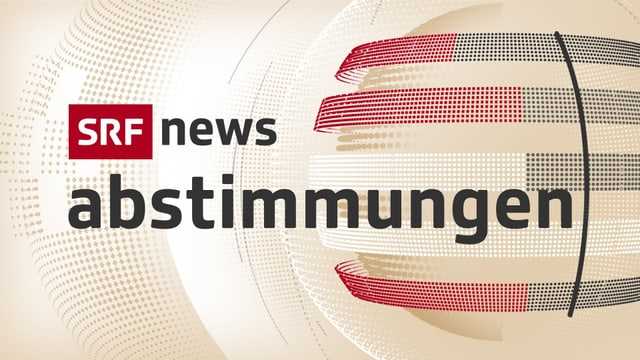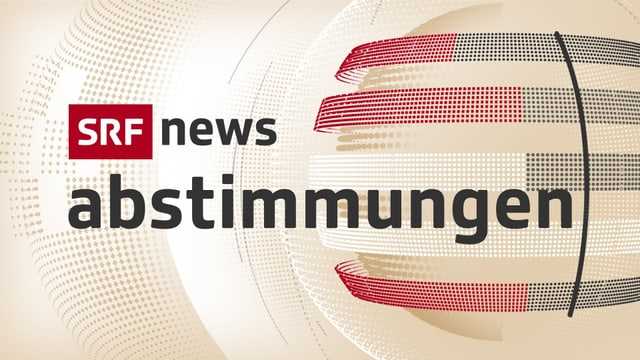- Extrapolation by the GFS Bern research institute: The amendment to the transplantation law should be clearly accepted with an approval of 59 percent.
- The Federal Council and Parliament want to regulate organ donation with the so-called extended objection solution.
- If the answer is yes, the deceased person will in principle agree to an organ donation without expressing their will to the contrary.
transplant law
Federal bill: Amendment of the federal law on the transplantation of organs, tissues and cells
YES
5’387
VoicesNO
4’847
Voices
The reports from the cantons also support the SRG projection: A clear yes is therefore emerging in Basel-Stadt, Geneva, Graubünden, Jura, Lucerne, Vaud and Valais, among others. Likewise in Glarus, where a final result is already available. On the other hand, the result in the cantons of Aargau and Zurich is likely to be slightly different.
The transplantation law in Schwyz is on course against it. In general, there should be a surprising number of no votes in German-speaking Switzerland. Lukas Golder, political scientist at the research institute GFS Bern, says: «In the regions where the SVP has vehemently appeared, they were able to force an ethical debate. Not only people from the SVP milieu came to the no.”
I am very pleased that the amended Transplantation Act will give people on the waiting list a better chance of being allocated an organ.
Franz Immer, who has been director of Swisstransplant for 14 years, is delighted with the yes that is emerging. “I am really pleased that the people seem to have followed this proposal from the federal government and parliament and that it will increase the chances of people on the waiting list being allocated an organ.”
Relatives can refuse organ donation
In Germany, a transplant is currently only possible if the deceased consented to the donation during their lifetime. The Federal Council and Parliament are now proposing a change of strategy: away from the approval solution towards an objection solution.
However, relatives can refuse a transplant. If these persons or persons who are closely associated with the deceased person cannot be reached, no organs may be removed.
New regulation raises ethical concerns
Proponents of the bill argue that the amended Transplantation Act will make it clearer in future who wants to donate and who doesn’t. The new regulation can also relieve relatives because in the event of death they do not have to make decisions on behalf of the deceased.
However, opponents take the position that the contradiction solution violates the constitutionally guaranteed right to self-determination and physical integrity. And it is unethical to remove organs without an explicit yes, when consent is otherwise required for every medical intervention.
The survey resulted in a yes majority
If Switzerland had already voted on the transplantation law on April 24, the proposal would have been accepted at the ballot box. According to the 2nd SRG survey by the GFS Bern research institute, a good three-fifths of those entitled to vote were in favor of the opt-out solution at that point in time.

